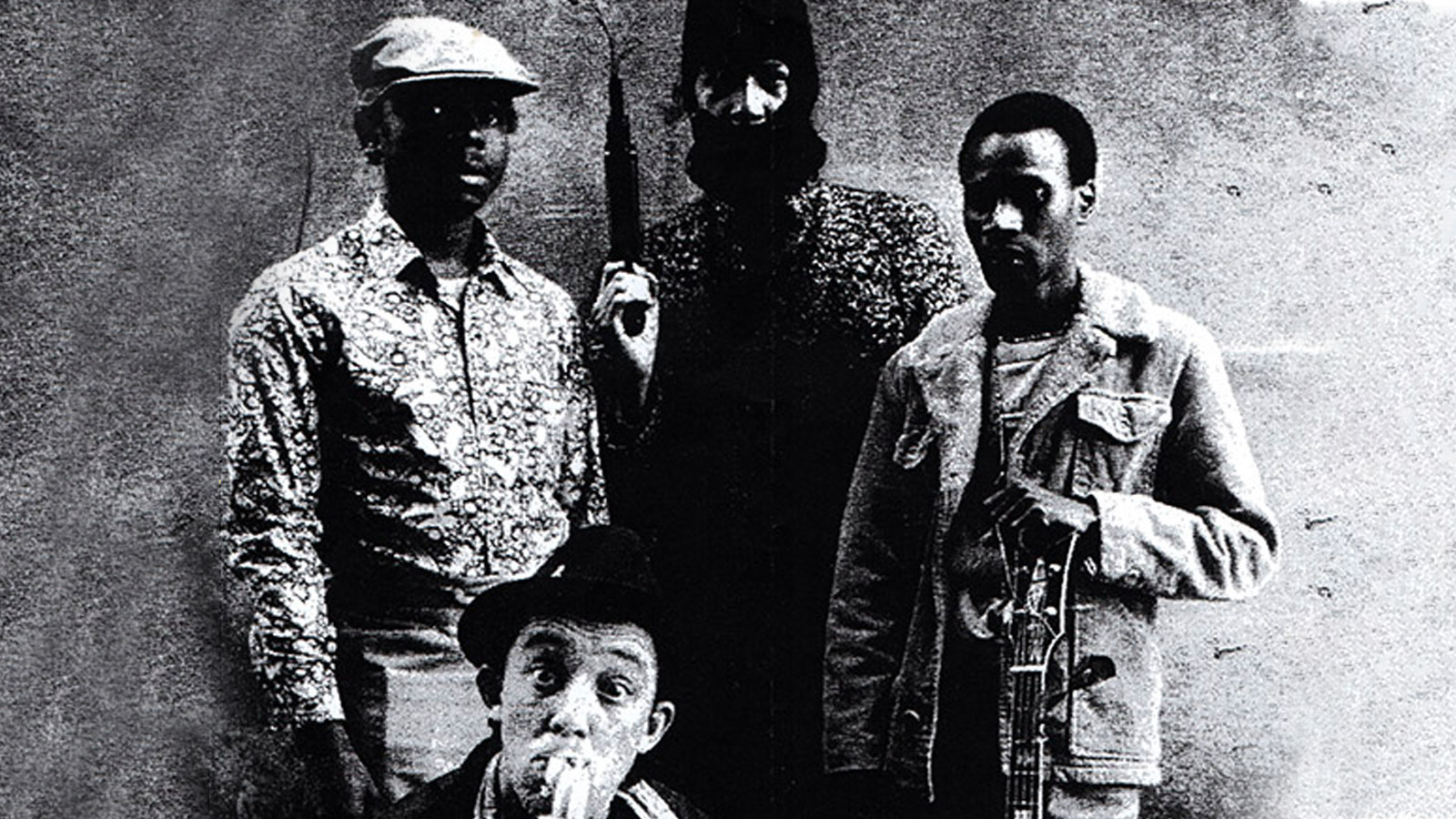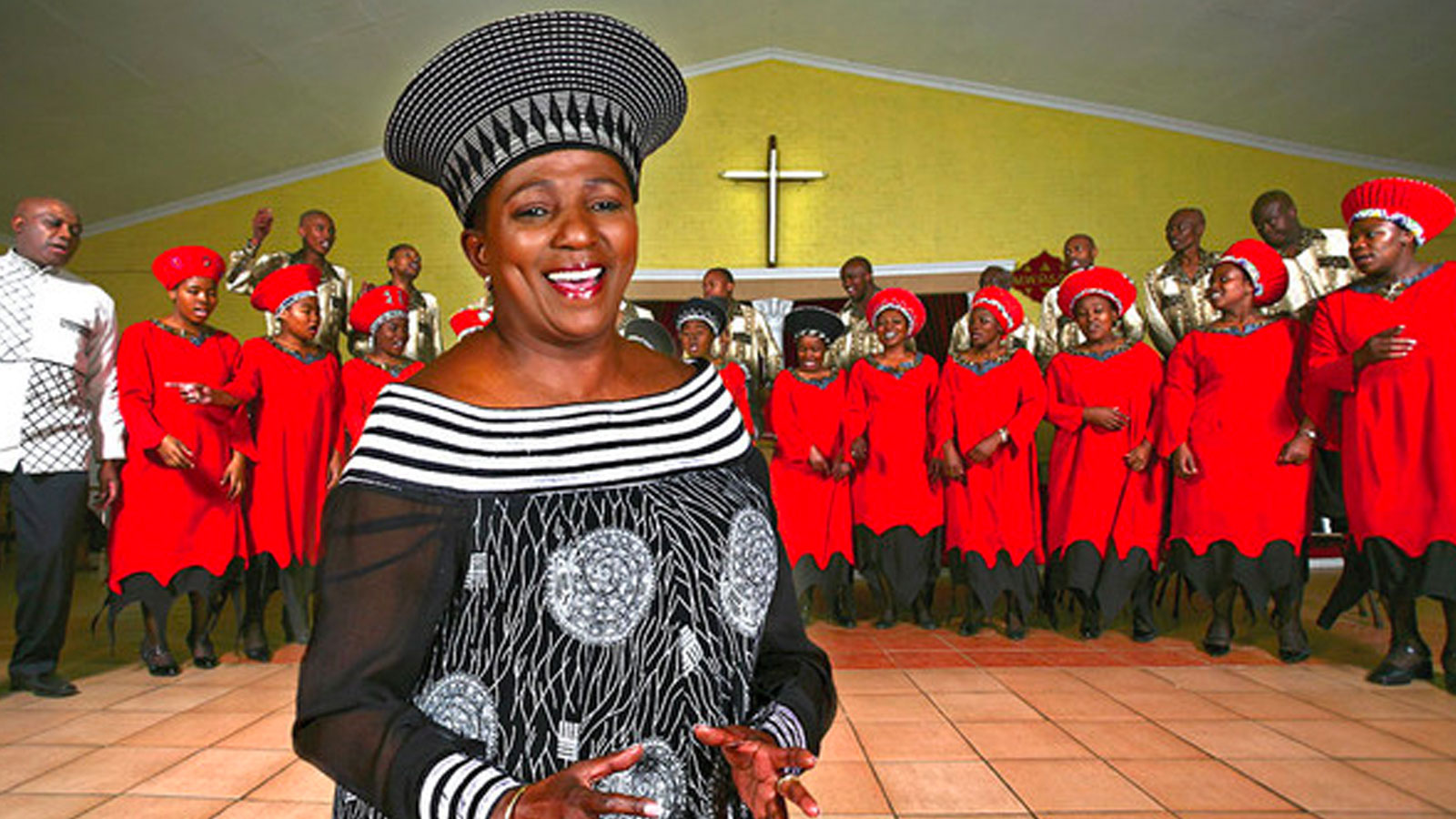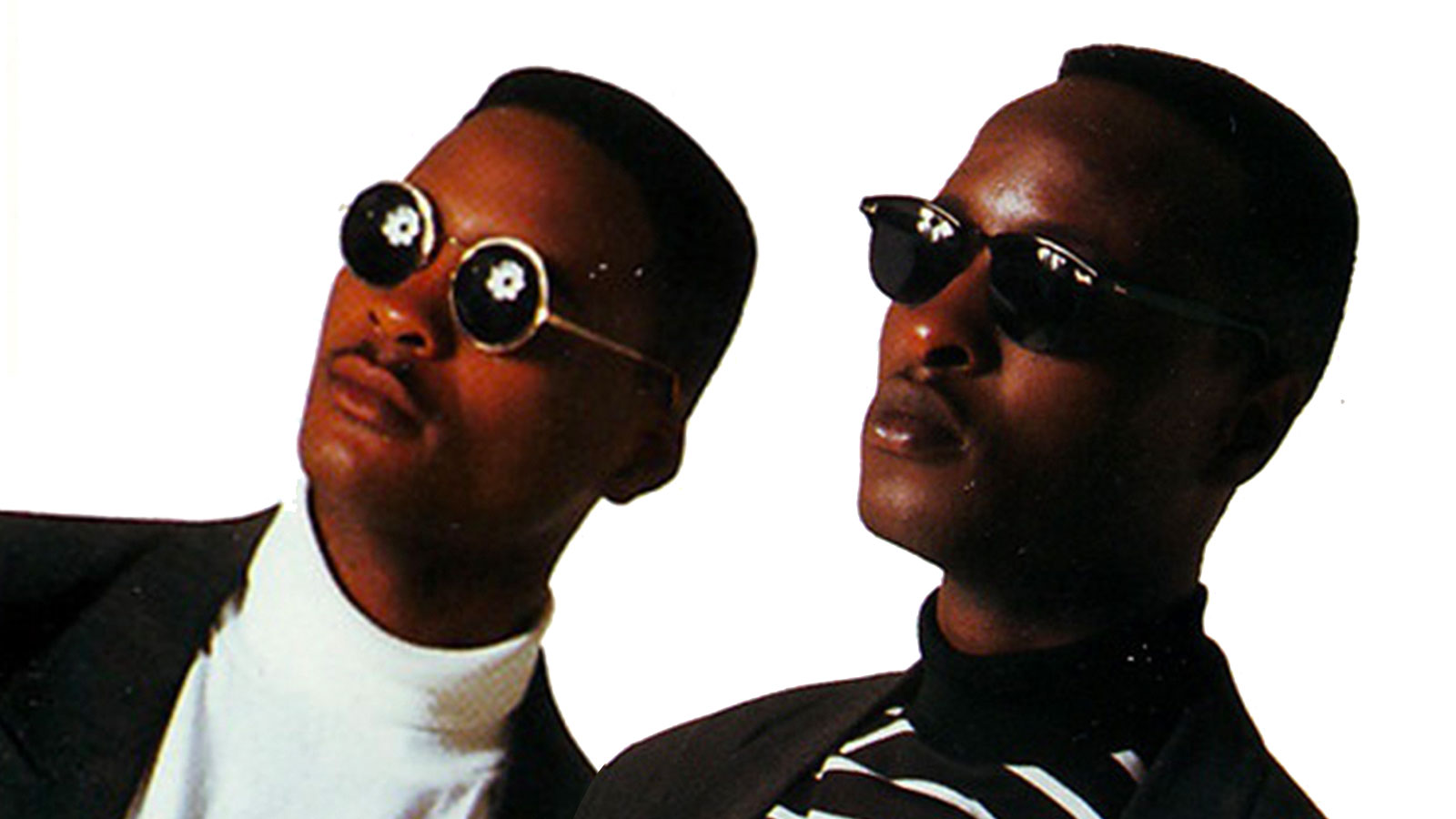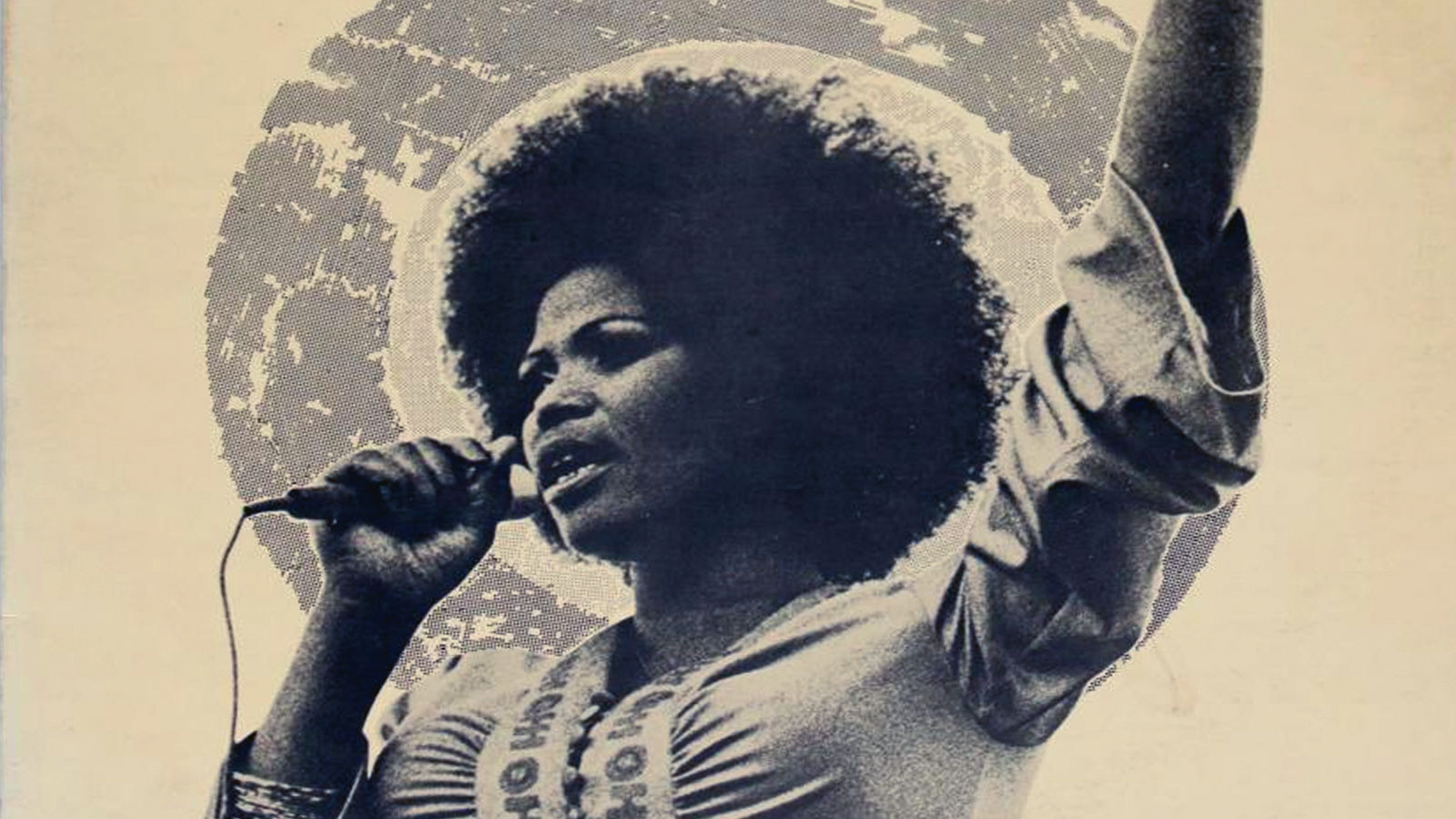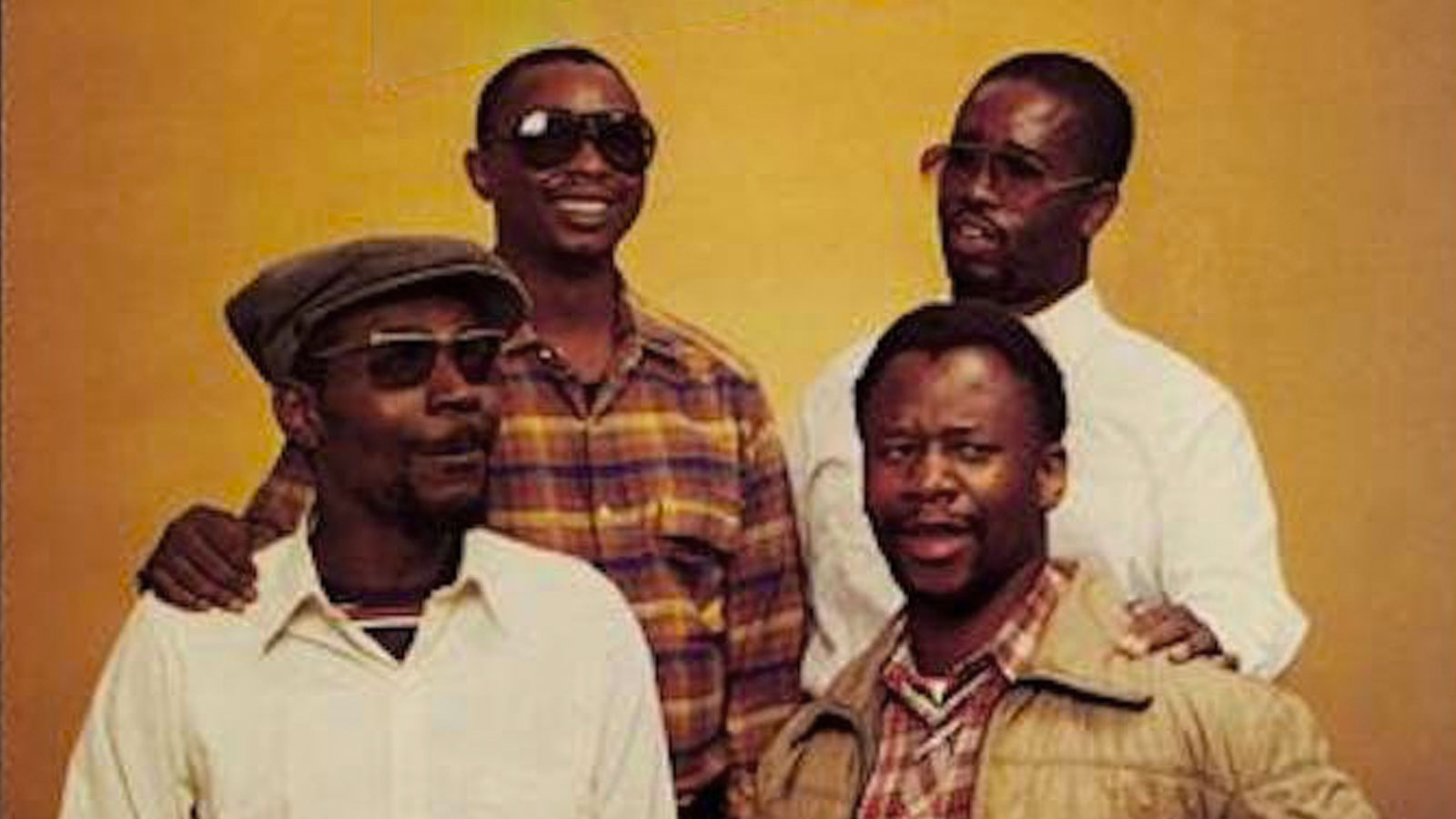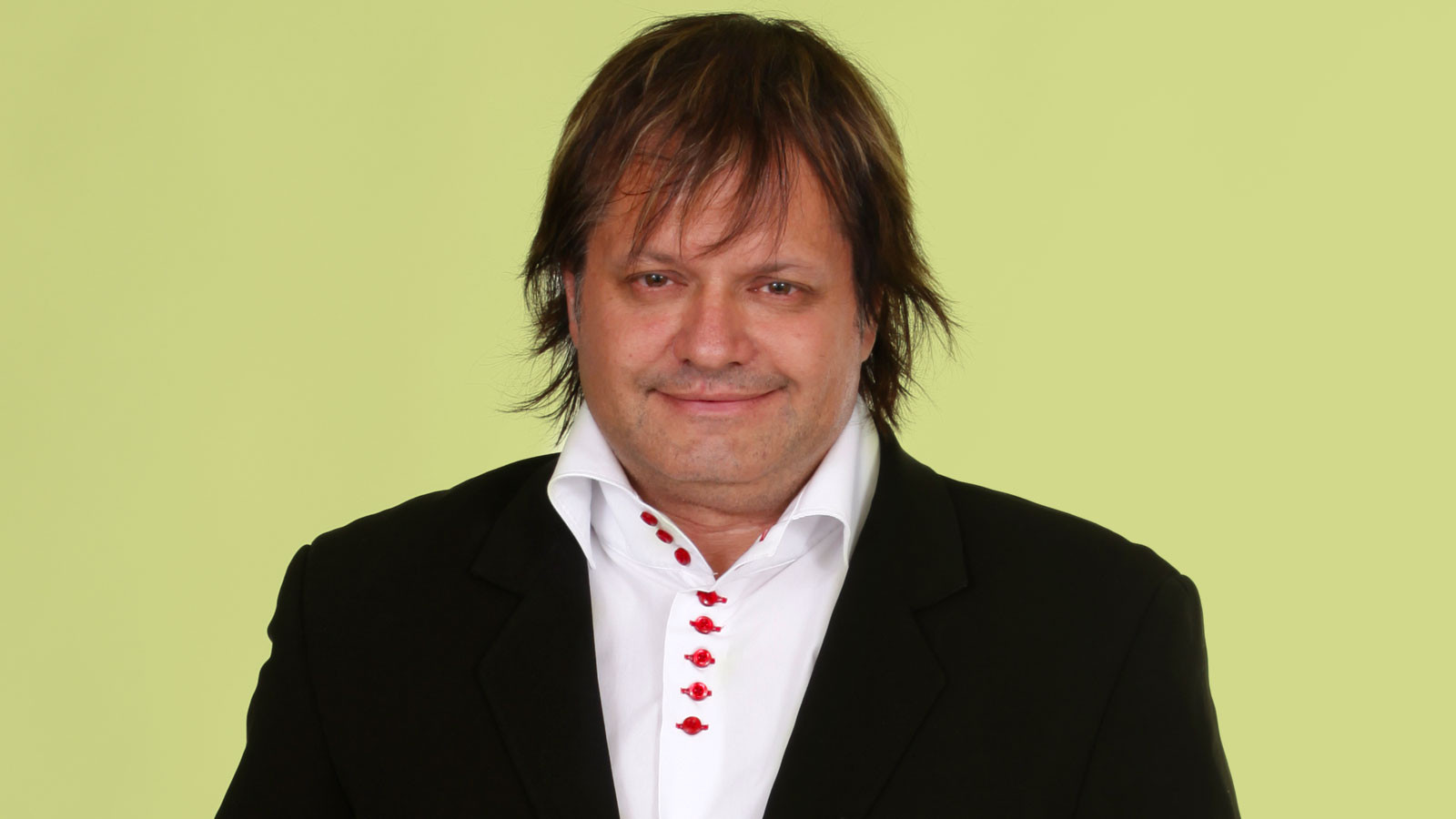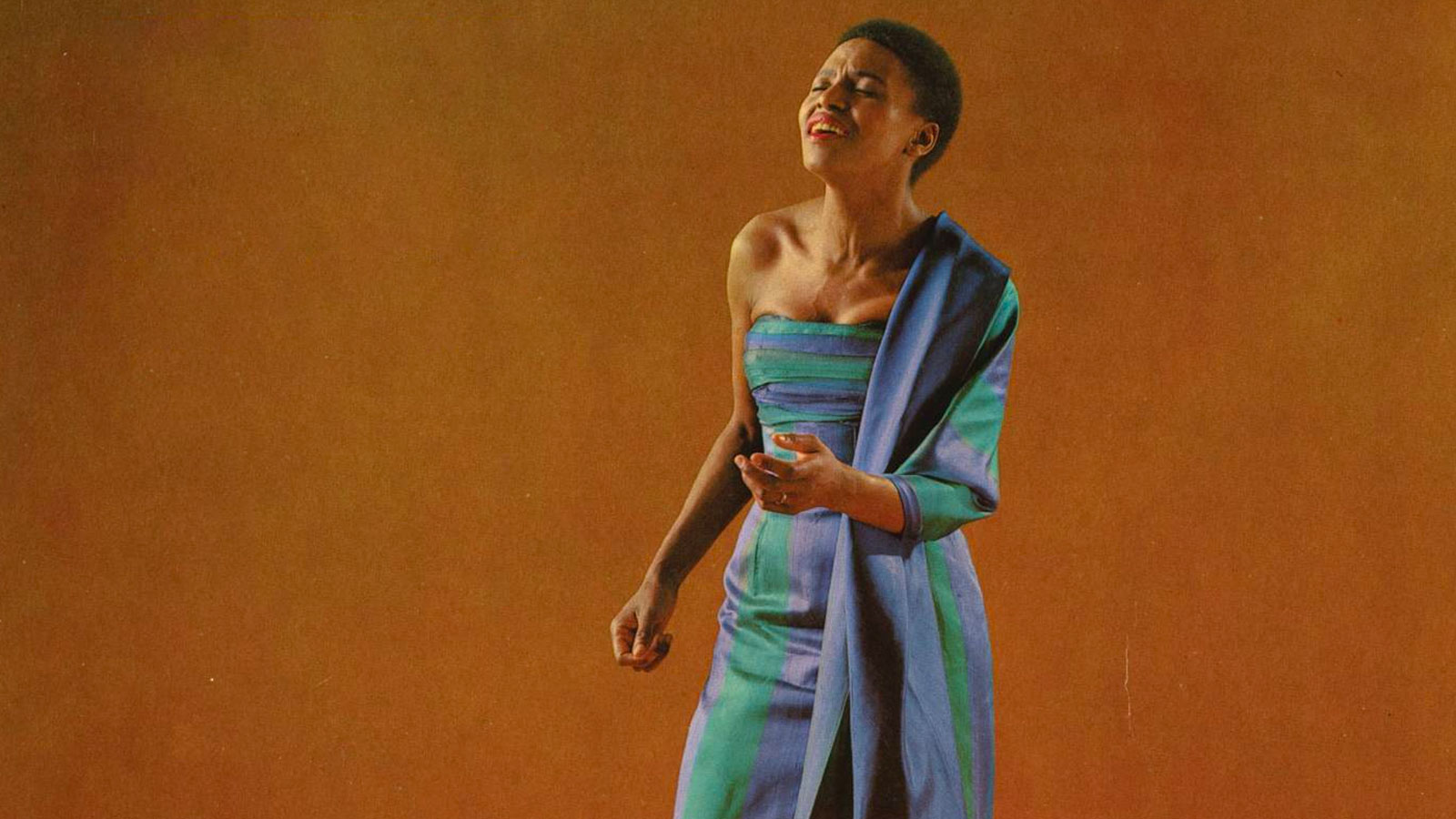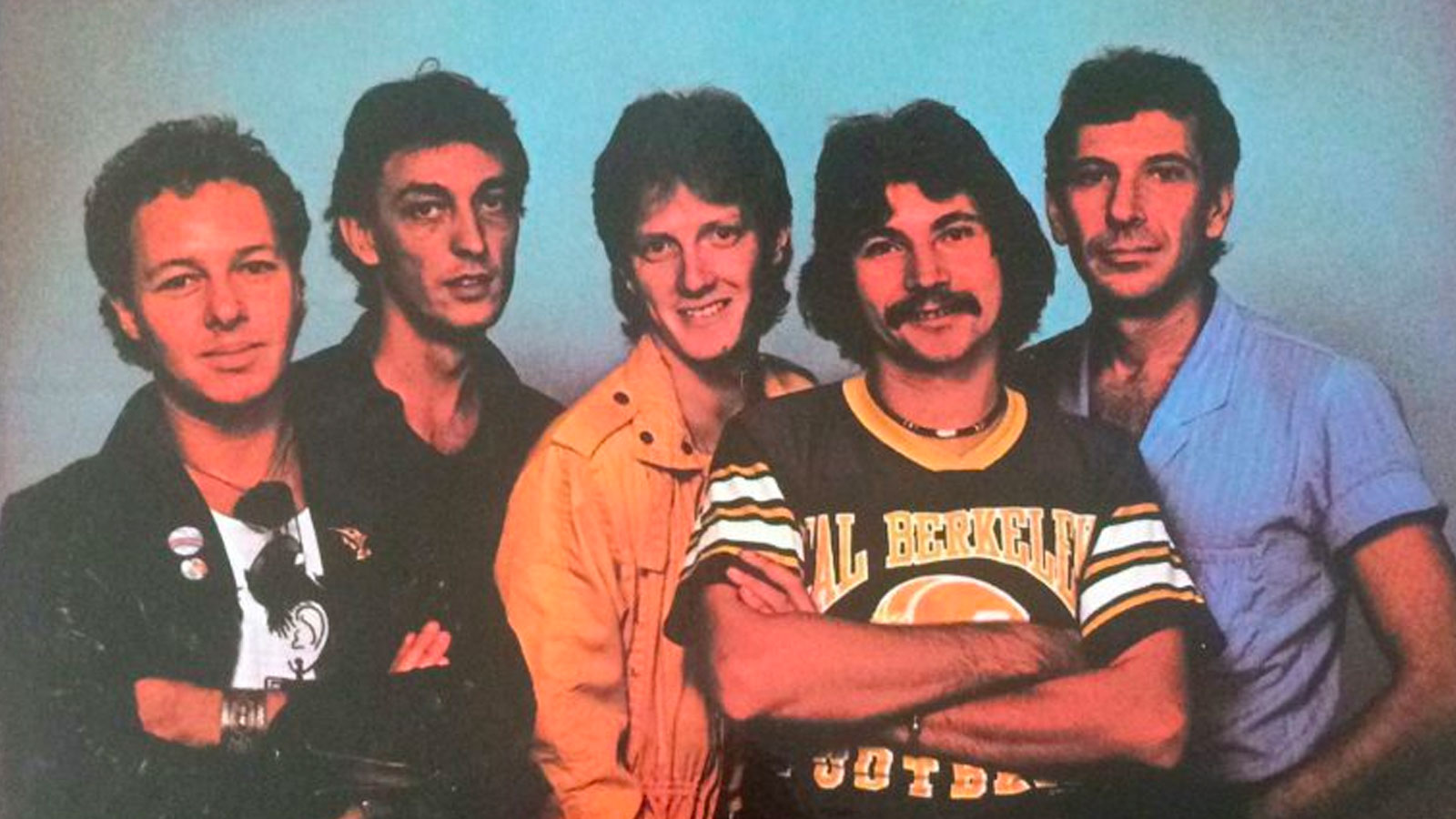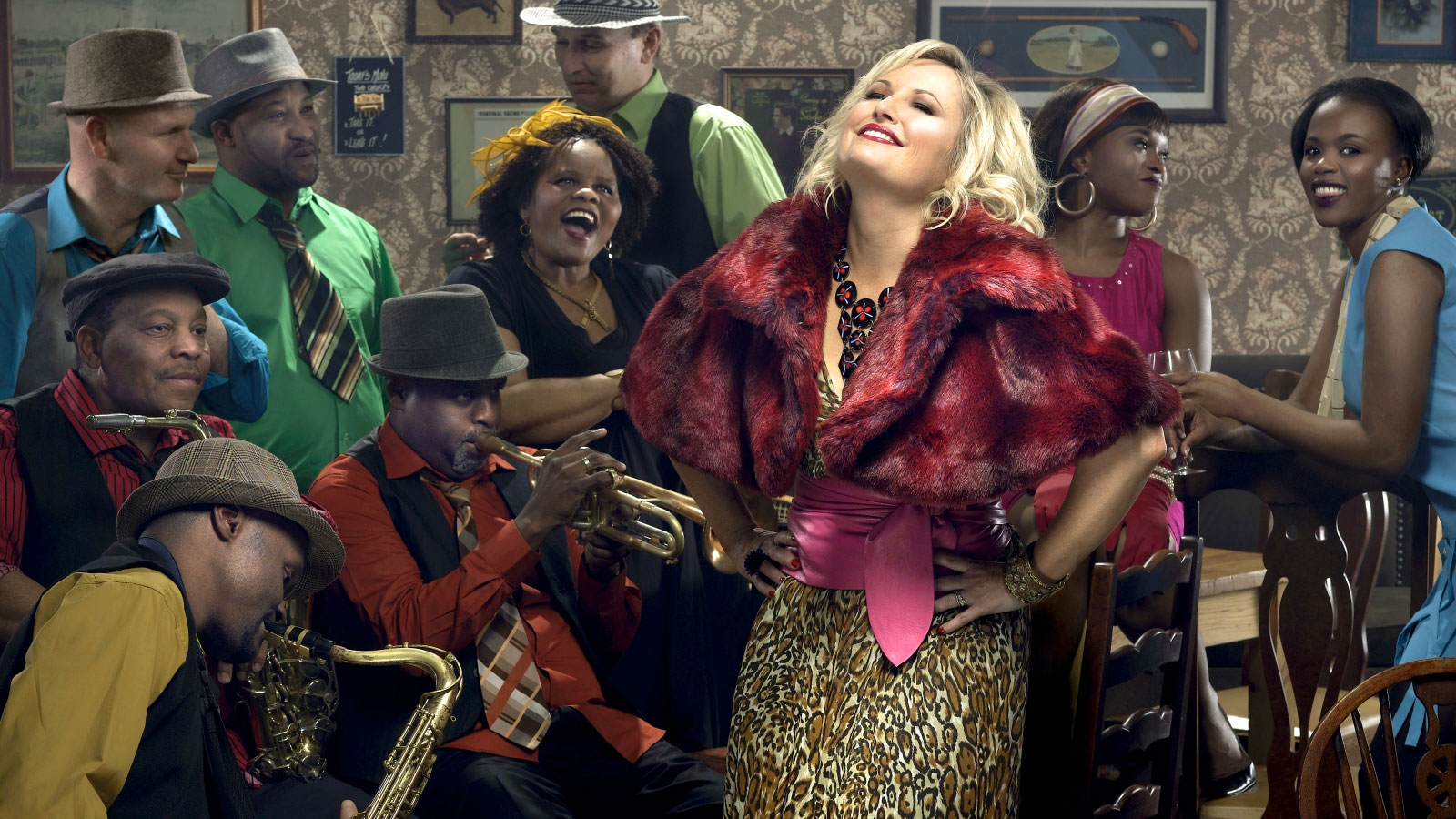
Formed in Johannesburg in 1984, developed out of the kwela-influenced funk ska band Pett Frogg.
Original members included Claire Johnston (vocals), George Lewis (guitar), John Leyden (bass), Sipho Bhengu (tenor sax), Banza Kgasoane (trumpet), Gavin Stevens (drums, percussion), Alan Lazar (keyboards) and Sarah Pontin (alto sax and clarinet). Pontin was replaced by Mduduzi Magwaza (saxophone, pennywhistle) in 1986. The band’s line-up has changed regularly over the years.
They released their debut single “Two hearts” in 1985 which did not have much impact but they attracted wider attention in 1987 with the release of their fourth single “Move up”. Their debut album Mango Groove in 1989 sold well, based especially on the popularity of the singles “Hellfire” and “Special Star”.
They continued to release singles, albums and perform into the 2000s including the release of the album Faces to the Sun in 2016. During this time several members of the band have pursued parallel careers, most notably Claire Johnston with her solo career.
Formed in Johannesburg in 1983 by Simba Morri (acoustic guitar and occasional vocals), John Trafford (saxophone), Derek Walter (bass) and Punka Khosa (drums).
Their song ‘Pambere’ was included on the Shifty Records Forces Favourites compilation album (1985). The group performed with various drummers during their existence. They performed at venues where mixed audiences were allowed or tolerated, especially Jamesons, UDF and ECC gigs and at private jols.
The group broke up in 1986 and Simba Morri went on to record a solo album with Shifty Records. An ep including four of their songs was released on the Shifty Bandcamp site in 2014.
Her music career began as a vocalist with the Wilbur Music Group in the early
1970s. She appeared in various musicals, culminating in an overseas tour (from 1973 to 1976) with the musical Meropa (also known as KwaZulu).
On her return in 1976 she embarked on a solo career, making a name for herself through live performance and as a backing singer on albums by established musicians such as Hugh Masekela and Sipho Gumede. She
does not write her own material but did release several singles including “Take Me To The River” (1981) and the album Mara in 1982.
She was very involved in the setting up of the South African Musicians Alliance (SAMA) and was the first President of the Association. She is still involved in music, including as a judge on the South African version of Idols. In 2009 she released the album African Hymns along with The African Methodist Choir.
Discography
Soweto-based duo, Marc and Alex Rantselli, who began as part of the group August Formation in the mid-1980s and were backing vocalists for Chicco.
They made a big impact on the South African music scene with the release of their single “Quick, quick” in 1989.
They initially released three albums: Marcalex (1988), Boys B Boys (1990) and Yeah (1991). A subsequent album Ai Ai Ai (Stolen My Heart) was released in 2008.
Margaret M’cingana changed her name to Singana when she began releasing music as a solo artist. Born in Queenstown she moved to Johannesburg to work but developed a music career in the mid-1960s, appearing in musicals and with various groups.
She rose to fame with her appearance in the musical Ipi Tombi and the release of her third single, the song “Mama Thembu’s wedding” (1973) from that show.
She released several albums and singles throughout the 1970s but a stroke in 1980 was a severe setback. She still managed to release two further new albums in the 1980s, and had lots of radio exposure with “We are growing” (1986), the theme song to a television series about King Shaka.
She died in April 2000, having suffered from a long illness.
A West Nkosi produced group with Munich Sibiya (lead vocal), Marks Mbuthuma (guitar, vocals), Simon Falatsi (guitar, vocals), John Mothopeng (Acoustic piano, vocals) and Felani Spades (Linn Synthesiser).
Released the single “Toitoi” in 1981 and the album Modiehi in 1982.
Guitarist. Producer and songwriter who emerged in the 1980s as a sought after session musician.
Recorded his debut solo album, Six String Razor, in 1991 and followed it up with Earthtones in 1999.
Duo originally from Cape Town but then moved to Berlin: Lucy Kruger (vocals, guitar) and Andre Leo (vocals, guitar).
Released four albums: More Knives (2014), Kinda Like Electricity (2016), Lower (2019), Take Me With You When You Disappear (2020).
They decided to discontinue in 2020.
Singer who began her singing career in Johannesburg in the 1950s, most notably with the Skylarks. She was cast in the musical King Kong and when it toured overseas she remained there, choosing life in exile to returning to apartheid South Africa.
She went on to a hugely successful solo career, also releasing an album with Harry Belafonte. Some of her most notable albums were An Evening with Harry Belafonte and Miriam Makeba (1966), Pata Pata (1968), Sabelani (1979), Sangoma (1988) and Welela (1989).
She returned to South Africa in the early 1990s and continued to release albums and perform until her death in 2008.
Formed in Johannesburg in 1980 with Joe B Arthur (vocals, guitar), Jethro Butow (lead guitar, vocals), Les Goode (bass), Mike Faure (sax), John Galanakis (organ, vocals), Cedric Samson (drums, vocals). Faure left in 1980 and Galanakis.
In 1981 Tim Hoare (keyboards) replaced Galankis and Kendall Kaye joined as drummer at which point Samson switched to lead vocals.
They recorded a self-titled album in 1981 and had marginal success with the single “Bowtie Boogaloo”.
The follow-up single “Don’t leave me halfway” did not do as well. The group’s existence was short-lived and they broke up in 1981.



